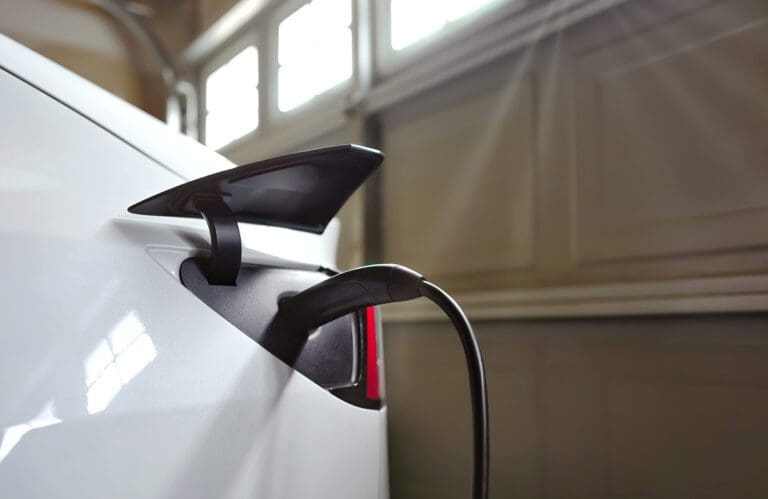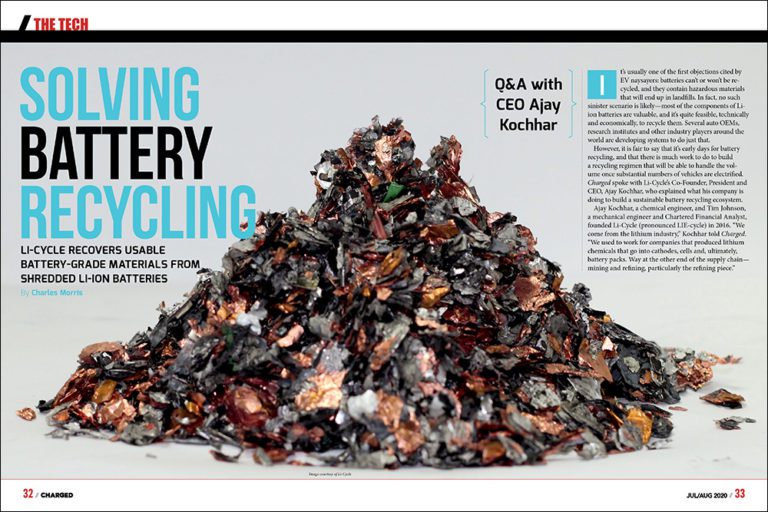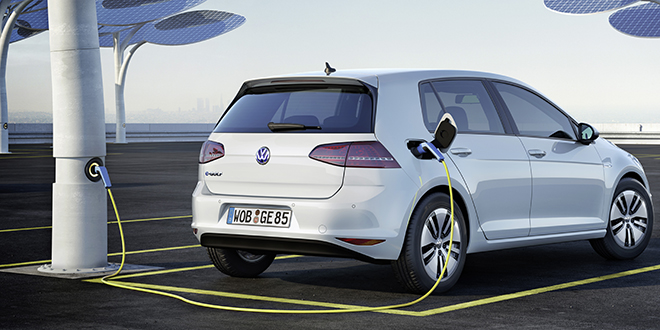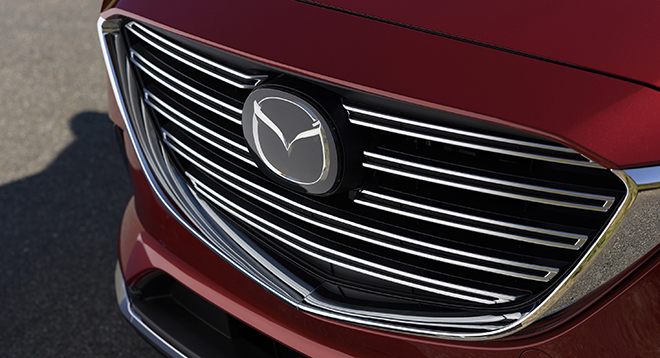Journalists sometimes have to write the same articles over and over, like teachers repeating the same lecture for a new class each semester. The myth of the “long tailpipe”—the notion that EVs generate just as much carbon emissions as ICE vehicles do—has been debunked by dozens of scientific studies (see below for a partial list)…. Read more »
Search Results Found For: "long tailpipe"
Carbon Brief offers a raft of resources to debunk misinformation about EVs
Here at Charged, we don’t devote much time to debunking anti-EV misinformation—the enemies of the future flood the zone with FUD 24/7, and responding to even a fraction of it might leave no time for anything else. However, a recent article in Carbon Brief is so comprehensive and well-researched that we just had to bring… Read more »
Ford/UMich study finds EVs have 64% lower life-cycle emissions than ICE vehicles
The myth of the Long Tailpipe—the idea that EVs generate higher emissions than ICE vehicles if powered by fossil fuel-generated electricity—has been definitively disproven by lots and lots and lots of scientific studies. However, it keeps cropping up, repeated not only by armies of oily trolls, but by auto industry execs and politicians who ought… Read more »
New Yale study finds lifecycle emissions of EVs to be far lower than ICEs
The myth of the “long tailpipe” has been disproven by many a scientific study, but, like the flat-earth theory, it will probably never go away. Over the years, Charged has reported on dozens of studies that found the lifecycle emissions of EVs to be lower than those of gas-burners. The latest dose of debunking comes… Read more »
Li-Cycle recovers usable battery-grade materials from shredded Li-ion batteries
Q&A with CEO Ajay Kochhar It’s usually one of the first objections cited by EV naysayers: batteries can’t or won’t be recycled, and they contain hazardous materials that will end up in landfills. In fact, no such sinister scenario is likely—most of the components of Li-ion batteries are valuable, and it’s quite feasible, technically and economically,… Read more »
New study from VW confirms EVs produce lower emissions than diesels
Volkswagen has refuted a recent anti-EV hit piece with a new study that confirms what many earlier studies have found: EVs have smaller life-cycle carbon footprints than comparable ICE vehicles, even if they are charged by dirty fossil-derived energy. “For the same vehicle models with different powertrains, the carbon footprint of the battery-powered E variants… Read more »
Here we go again: German research institute claims diesels are cleaner than EVs
Anti-EV hit pieces clog the blogosphere like pickup trucks on a Texas highway, but this one sounded much more serious than the usual anonymous speculation. A respected German research institute released a study claiming EVs are dirtier than diesel – music to the ears of many in the German auto industry. “Considering Germany’s current energy… Read more »
New study: EVs emit less greenhouse gases than diesels, even in coal-heavy regions
The myth of the “long tailpipe” – the idea that, because EVs are partially powered by dirty coal, they are no cleaner than legacy vehicles – just won’t go away. In 2012, a detailed study from the Union of Concerned Scientists found that even if it were charged 100% from coal, an EV would still… Read more »
Mazda exec reiterates lack of interest in EVs
Mazda is one of the few major automakers that currently makes no plug-in vehicles, although it has indicated that it would offer an EV in 2019 to meet ZEV regulations. A Mazda exec defended the company’s status-quo strategy at a recent Michigan trade group convention, saying that the “impending death of the internal combustion engine… Read more »
Tesla founders Martin Eberhard and Marc Tarpenning talk EVs
Here’s a treat for any EV fan: a long and meaty talk with Tesla founders Martin Eberhard and Marc Tarpenning, delivered at Stanford last October. While there are several substantial talks with Tarpenning available on YouTube (he also graciously granted me a lengthy interview for my book about Tesla), Martin Eberhard has seldom sat down… Read more »

















